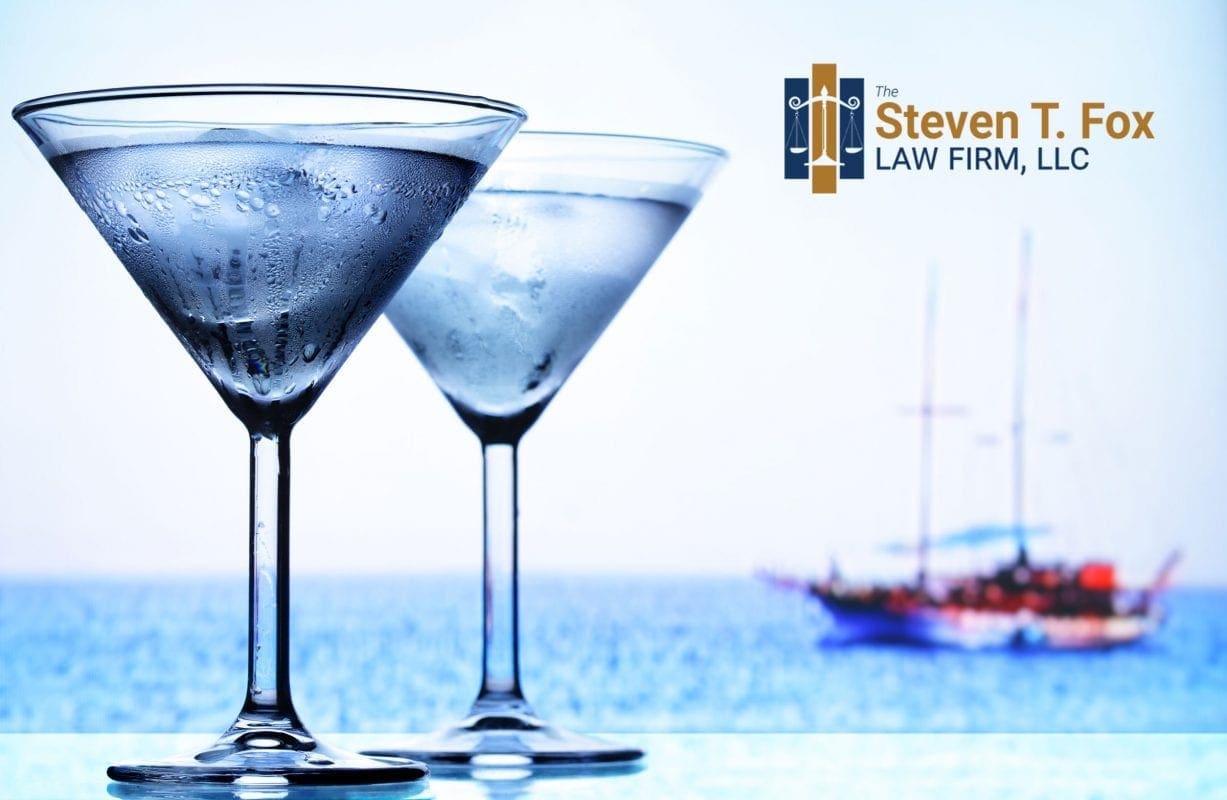Don’t Rock the boat, baby…
Chances are we all know someone who’s been charged with a DUI. But how about a “BUI”?
Not sure what that is? Well chances are, that’s about to change as law enforcement is cranking up efforts to enforce and prosecute violators of Ohio’s “boating under the influence” laws.
So as you enjoy your weekends out on any of Ohio’s beautiful lakes and rivers, here’s a little “True or False” quiz to bring you up to speed on some things you may want to know…
- BUI offenses are prosecuted under the same laws as DUI.
- False:BUI and DUI are prosecuted under different statutes. Ohio Revised Code (ORC) section 4511.19 covers operating a “vehicle” under the influence, while ORC §1547.11 deals only with watercraft. A Vehicle is essentially defined as any device that can be driven on a road or highway.
- You can be charged with BUI if you are under the influence of alcohol OR drugs.
- True:The BUI statute includes both alcohol and certain controlled substances (including marijuana and cocaine). 1547.11 also prohibits boating with a specific concentration of alcohol or controlled substances. The prohibited levels are similar to the DUI levels with one big exception: There are no “high Tier” alcohol concentrations under the BUI statute.
- People under the age of 21 can be prosecuted for a separate offense of “boating after underage consumption”.
- True:The “BAUAC” portion of the statute enforces a reduced prohibited level of alcohol for underage individuals. The prohibited levels in this statute mirror the “operating a vehicle after underage consumption” levels.
- You have to be witnessed actually “operating” your watercraft to be charged with BUI.
- False:The BUI statute prohibits anyone from “operating” OR “being in physical control” under the influence of alcohol, a drug of abuse, or both. There is no separate, lesser, offense of being in “physical control” of a boat. However, the law does state that the watercraft or vessel must be “underway”, which seems to indicate that a stationary watercraft would not fall under the guise of this law. Furthermore, that statute does not apply to a vessel that is securely attached to a dock or permanent structure or that is anchored in a designated anchorage area.
- BUI laws apply to water skis, aquaplanes, PWCs and similar devices.
- True:The BUI laws prohibit “manipulating” these types of devices. Since the statute doesn’t specifically define what is meant by ‘manipulating”, the definition would be determined in accordance with its common usage.
- BUI is an “equivalent offense” for enhancing the severity of both DUI and BUI offenses:
- True:BUI is an enhance-able offense for determining penalties for subsequent DUI arrests. The same 6-year look-back period applies to both DUI and BUI. A BUI, however, cannot be enhanced to a felony level.
- Boaters arrested for BUI will have their driver’s licenses suspended or revoked.
- False:Since boaters do not have operator’s licenses, the law doesn’t provide for suspensions. Furthermore, there is no administrative license suspension imposed against one’s vehicle driver’s license. However, if you refuse to take a chemical test, your privileges to operate a boat, or register a watercraft, will be precluded for 1 year.
- The definition of a “watercraft” is very narrow.
- False:A watercraft is defined to include canoes, rowboats, sailboats, inflatable boats and ferries.
- You can’t be sentenced to jail or probation for a BUI.
- False:The law provides judges with broad discretion to impose jail time and probation. Furthermore, jail time is mandatory on second or subsequent BUI offenses. A first offense BUI is a misdemeanor of the first degree. It carries a minimum fine of $150 (up to a maximum of $1000), a mandatory three-days in jail or a “driver’s intervention program” and probation for up to five years.
- Boaters should exercise safety, good judgment and common sense when enjoying boating this summer.
- True:Be safe and have fun. And please drink and act responsibly.


